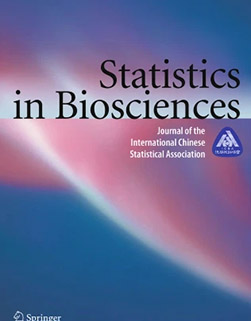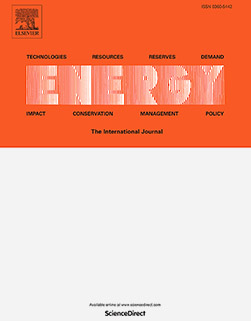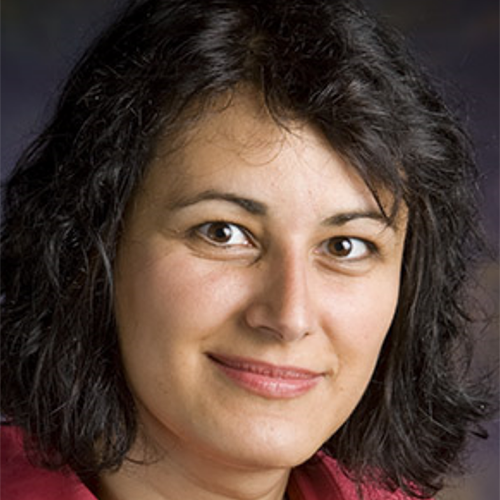As experiments grow more technologically advanced, so too does the data that researchers collect. The scale of data and the integrative models necessary to analyze it, requires interdisciplinary collaborations. The Center for Artificial Intelligence and Modeling brings together biologists, machine learning scientists, and computational modelers, to share their expertise. First, biologists generate new data through experiments. Then computational modelers build mechanistic models to understand the physical processes behind that data, essentially the reasons behind the patterns. Subsequently, computer scientists train machine learning and AI to learn these patterns and use them to make predictions.
Recent Publications from CAIM
From Leaders of the Theme
The CAIM theme constructs predictive computational models and uses them in the design of new machine learning and statistics methods to solve important biological problems with high societal impact. CAIM is the first large-scale interdisciplinary effort on campus combining experts in the computational, mathematical, and life sciences as well as engineers and physicists. Biologists that collect massive amounts of multi-omics data, computational modelers that construct predictive mechanistic models of biological systems, and machine learning scientists that apply their state-of-the-art algorithms to make predictions and extract system parameters from these data, all work together to solve major biological questions.
CAIM has participants from across the campus including experts from electrical and computer engineering, bioengineering, physics, computer science, mathematics, statistics, and civil and environmental engineering. Biological projects include members from food science and human nutrition, chemistry, physics, bioengineering, and cell and developmental biology.






